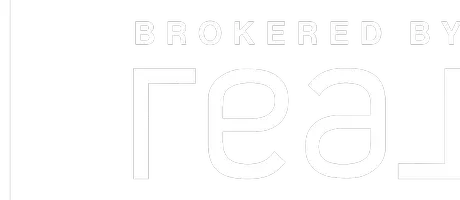Should you rent or buy? Before you decide, ask yourself some questions

Making the decision whether to buy or rent a property is one of the biggest financial decisions you will ever make. It requires careful consideration of various factors, including your lifestyle, financial situation, and long-term goals. In this blog, we will explore the pros and cons of both buying and renting, as well as the key factors to consider when making this decision.
Buyers:
For many people, buying a home is a lifelong dream. There are several advantages to becoming a homeowner. Firstly, buying a property allows you to build equity over time. Instead of paying rent and having nothing to show for it, you are investing in an asset that can appreciate in value. Additionally, owning a home gives you the freedom to make any modifications or renovations you desire, allowing you to truly make it your own.
Homeownership also provides stability and a sense of belonging in a community. When you own a property, you have the freedom to stay in one place for as long as you like, without the fear of landlords or rental agreements. Furthermore, owning a home can offer potential tax benefits, such as deducting mortgage interest payments from your taxable income.
However, buying a home also comes with its drawbacks. The upfront costs of purchasing a property, including the down payment, closing costs, and other fees, can be substantial. Additionally, homeowners are responsible for maintenance and repairs, which can be costly and time-consuming. Moreover, if property values depreciate, you may face a loss on your investment.
Sellers:
On the other hand, if you are considering selling your property, there are several factors to take into account. One advantage of selling is that you have the potential to make a profit if your property has appreciated in value. This profit can be used to upgrade to a larger home, invest in other ventures, or simply enjoy the financial gain.
Selling a property can also offer flexibility. If you are no longer satisfied with your current location or need to downsize, selling allows you to find a more suitable home that aligns with your changing needs. Additionally, by selling, you can eliminate the ongoing costs of homeownership, such as property taxes, maintenance, and insurance.
However, selling a property can also be a complex and time-consuming process. It requires careful planning, marketing, and negotiation skills. Furthermore, market conditions play a significant role in determining the success of your sale. If the real estate market is slow or experiencing a downturn, it may take longer to sell your property and you may not achieve the desired price.
Factors to Consider:
When deciding whether to buy or rent, there are several factors you should consider. Firstly, evaluate your financial situation. Determine if you have enough savings for a down payment and if you can comfortably afford the ongoing costs of homeownership, such as mortgage payments, property taxes, insurance, and maintenance.
Consider your long-term plans and goals. If you anticipate moving frequently or prefer flexibility, renting may be a better option. However, if you are looking for stability, want to build equity, and have the desire to personalize your living space, buying may be more suitable.
Evaluate the real estate market conditions in your area. If property values are steadily rising, it may be a good time to buy, as you can potentially benefit from appreciation. Conversely, if the market is unstable or declining, renting may be a safer option until conditions improve.
Lastly, consider your lifestyle and personal preferences. Owning a home requires a level of commitment and responsibility. If you prefer a carefree lifestyle, where maintenance and repairs are taken care of by the landlord, renting may be more suitable for you.
In conclusion, the decision to buy or rent a property requires careful consideration of various factors. Both options have their pros and cons, and it ultimately depends on your individual circumstances and goals. By evaluating your financial situation, long-term plans, market conditions, and lifestyle preferences, you can make an informed decision that aligns with your needs and aspirations.




